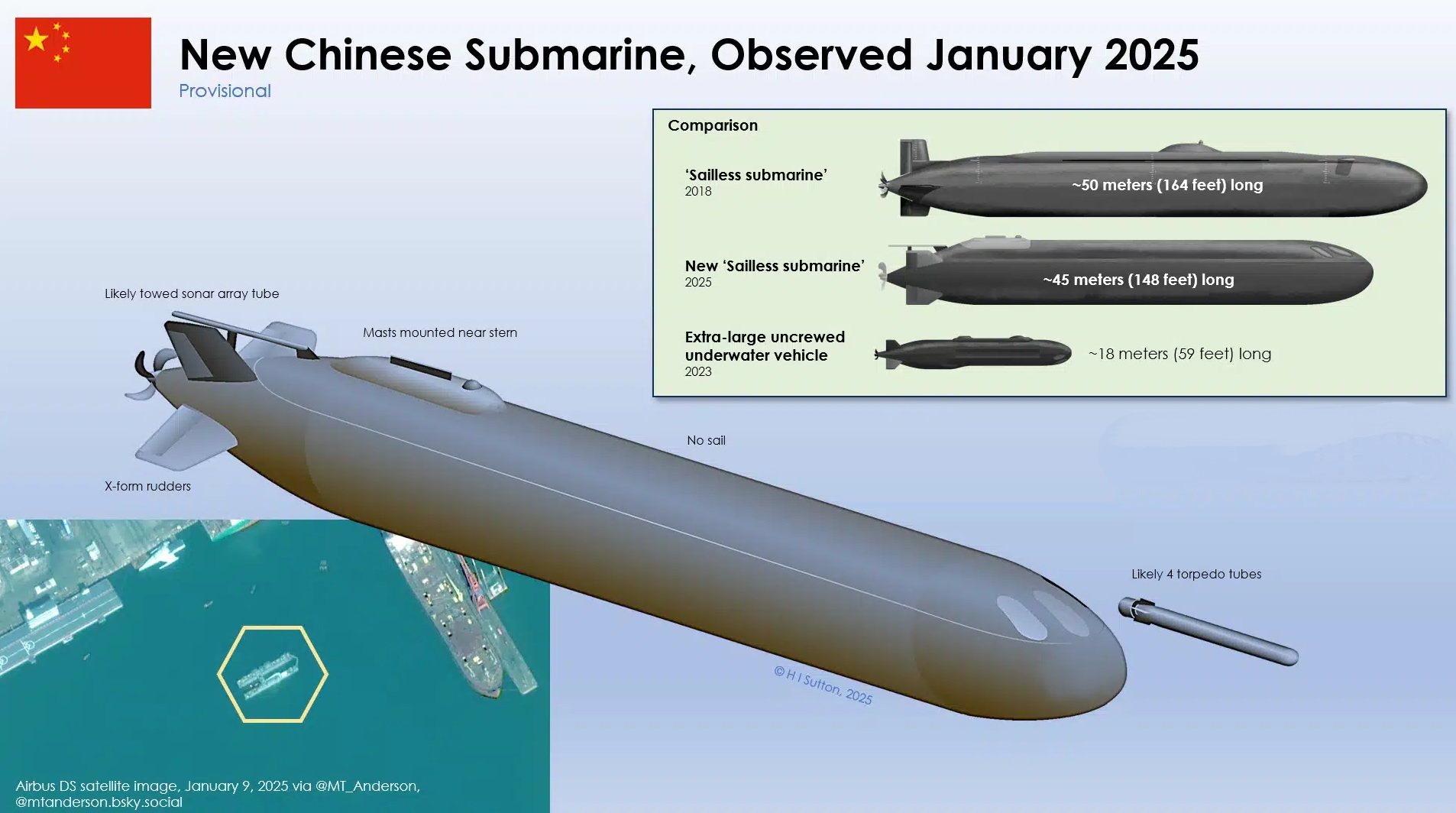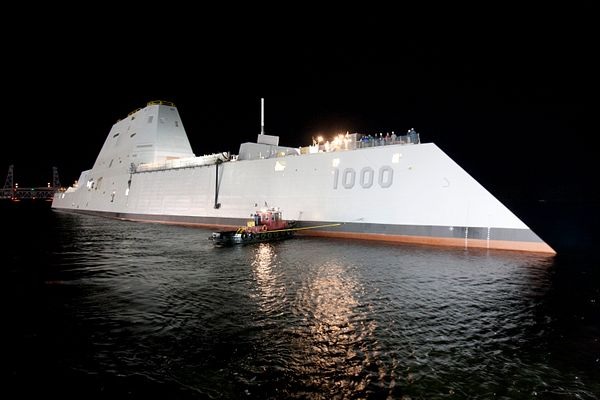Indian Army Turns to Hydrogen-Powered HMV Trucks for Non-Combat Operations, Citing Practical and Cost-Effective Advantages

The Indian Army is embracing a sustainable future by opting for hydrogen-powered Heavy Motor Vehicle (HMV) trucks for non-combat operations. This decision follows a detailed evaluation of electric vehicles (EVs) and their limitations, particularly in the military's unique operational landscape.
Why Hydrogen Over Electric?
Battery-operated HMVs were initially considered as part of the Army's drive to adopt green technology. However, several challenges rendered them unsuitable for military logistics:
-
Charging Infrastructure Gaps: Military operations often take place in remote and rugged terrains where the availability of EV charging stations is virtually nonexistent. In contrast, hydrogen can be produced and stored on-site at military bases, making it a more reliable and practical option.
-
Operational Flexibility: Hydrogen-powered trucks offer versatility through flex-fuel capabilities. This means they can run on hydrogen or switch to diesel when necessary, ensuring uninterrupted operations even in unpredictable scenarios.
-
Cost-Effectiveness: While the upfront cost of hydrogen technology is higher, its long-term operational expenses—especially in areas with limited electricity access—are significantly lower than those of maintaining a fleet of EVs.
-
Refueling Speed: Hydrogen trucks can be refueled much faster than EVs can be charged, ensuring quick turnarounds during military operations.
Indian Army’s Logistics Backbone
The Indian Army operates a vast fleet of over 15,000 trucks for transporting personnel, supplies, and heavy equipment across diverse terrains. These vehicles play a crucial role in ensuring smooth logistics and are periodically upgraded with modern technologies. The decision to transition towards hydrogen-powered HMVs marks a significant step in modernizing this fleet.
Collaborations with Indian Giants
In a bid to integrate hydrogen technology, the Army has partnered with leading Indian automotive companies like Ashok Leyland and the Tata Group. These collaborations aim to design and develop hydrogen-powered trucks tailored to meet the Army's operational needs.
The Army's initiative aligns with India’s broader push for self-reliance under the "Atmanirbhar Bharat" mission, as well as the country’s ambitious targets for green hydrogen adoption. The Ministry of New and Renewable Energy has already outlined policies to scale up hydrogen production and its applications across various sectors, including defense.
Strategic and Environmental Benefits
Switching to hydrogen-powered trucks provides dual benefits. Strategically, it enhances the Army’s ability to operate in remote areas with limited resources. Environmentally, it supports India's commitment to reducing carbon emissions and adopting green energy solutions.
A Vision for the Future
The Indian Army’s move towards hydrogen-powered HMVs is not just a shift in technology but a testament to its forward-thinking approach. By investing in innovative and sustainable solutions, the Army is setting a benchmark for defense forces worldwide. Furthermore, its collaboration with indigenous companies strengthens India's capabilities in hydrogen technology, potentially paving the way for broader applications across the country.
This transition underscores the Army’s commitment to operational efficiency, sustainability, and self-reliance, ensuring it remains prepared for future challenges while contributing to a greener planet.



